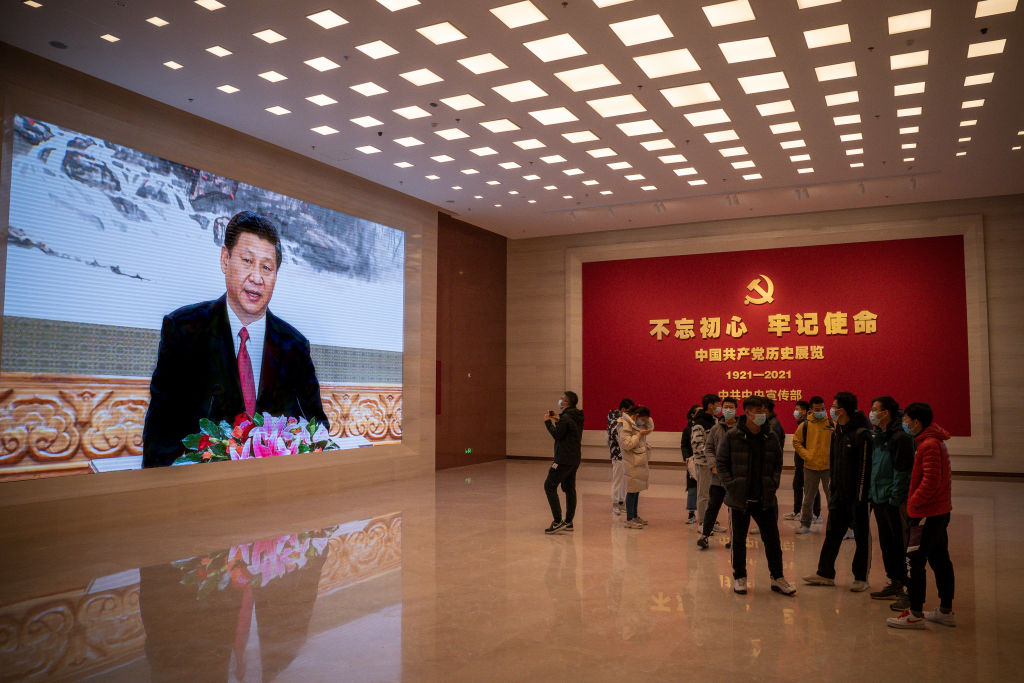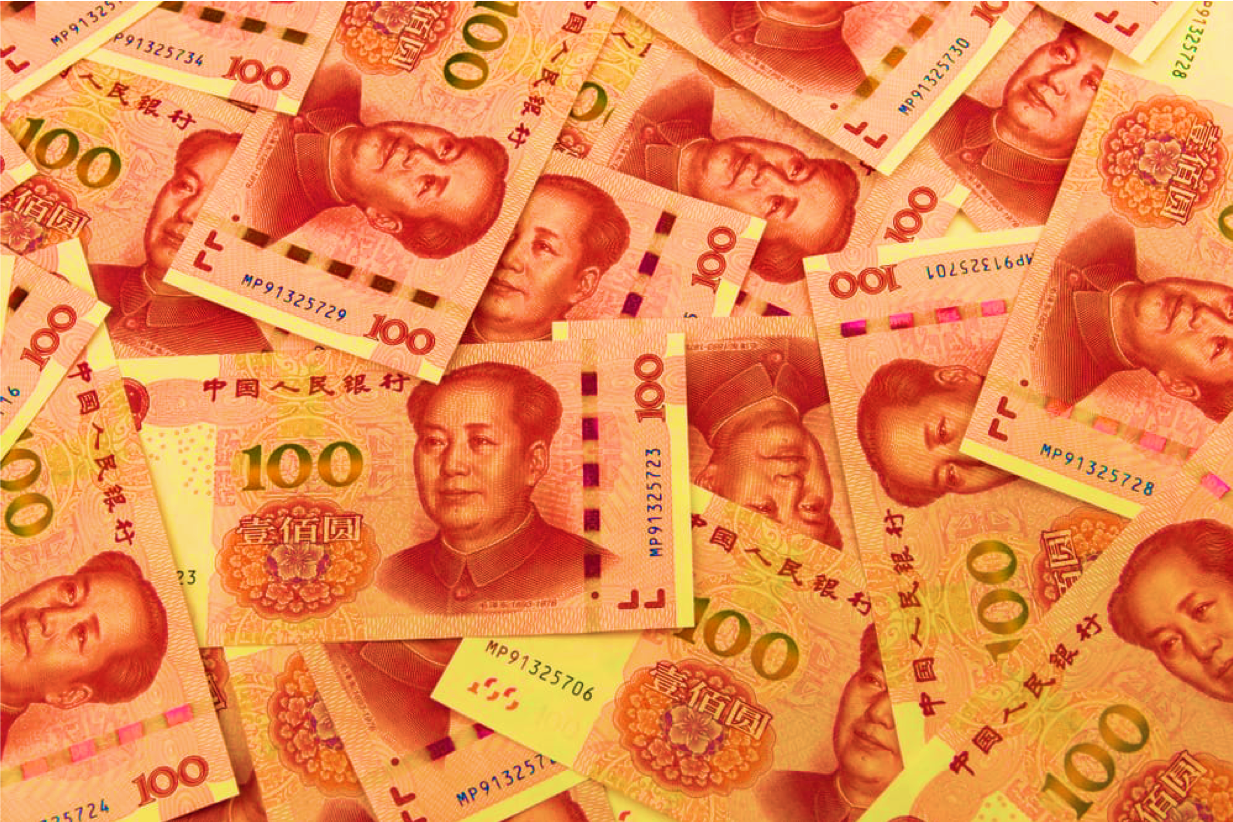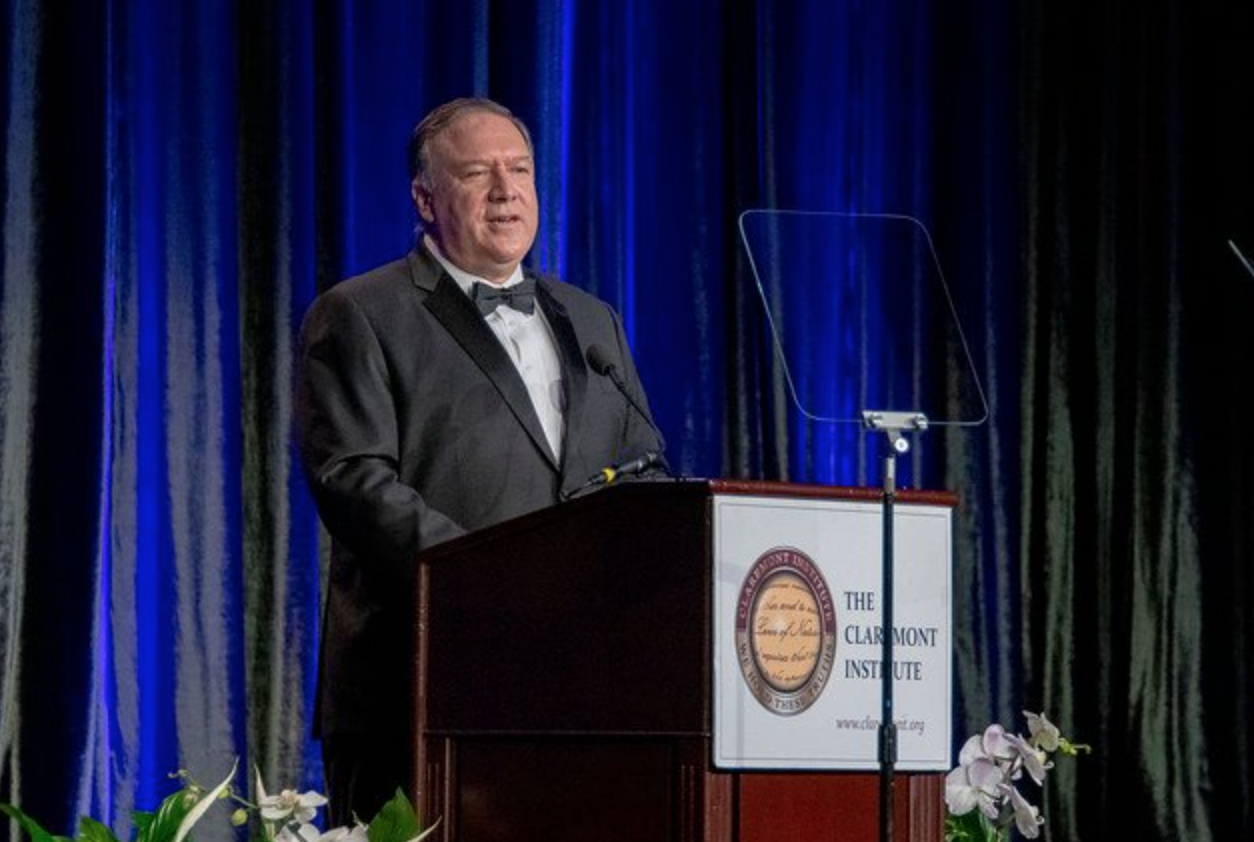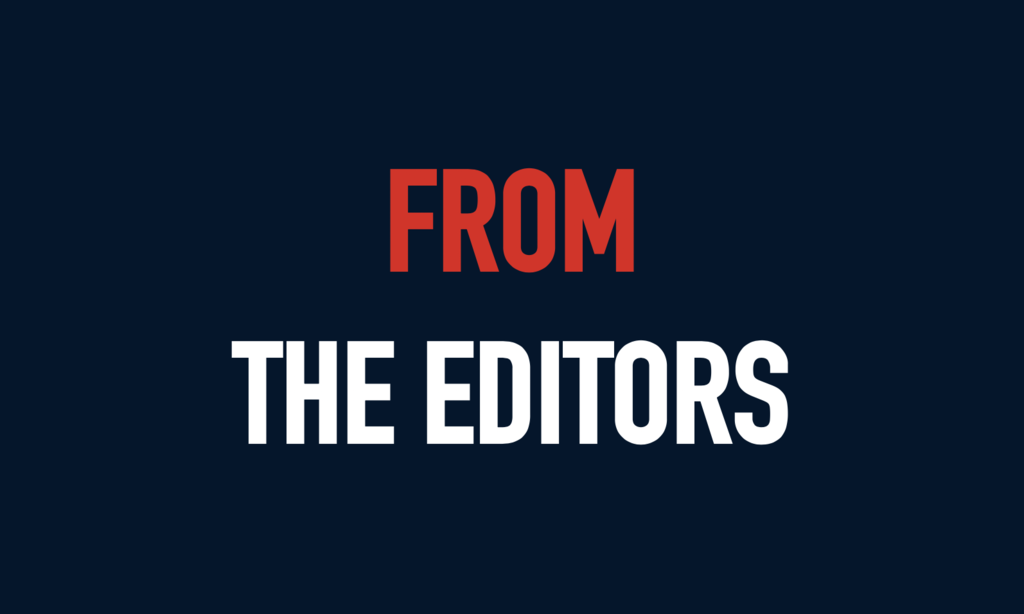The decisive move will show the CPC we mean business.
Communist Domination in Turtle Bay

How the United Nations serves the Chinese Communist regime
Last year, Nikki Haley, who served as United States ambassador to the UN for two years, from January 2017 to January 2019, accused the Chinese regime of “quietly working to corrupt the United Nations from top to bottom.” She asked the current administration to “call out China’s attempts to co-opt the United Nations and its agencies.” Haley’s request was met with silence.
Case in point: Is the Chinese regime committing crimes against humanity in Xinjiang? The monitors at Amnesty and Human Rights Watch (HRW) certainly think so. Officials at the United Nations (UN), however, seem to be on the fence. On February 2, The South China Morning Post (SCMP) published a piece accusing the UN and China of coming to a “mutually convenient stalemate.” The accusation came shortly after the UN’s Office of the High Commissioner for Human Rights (OHCHR) announced that it “will not publish a report on alleged abuses in the Chinese region of Xinjiang before this month’s Winter Olympics.” This report has been in the works since 2019, raising the question of the UN’s compliance vis-a-vis the Chinese regime?
I reached out to Louis Charbonneau, United Nations Director at Human Rights Watch. When asked for his thoughts on the UN, he didn’t hold back.
Charbonneau prefaced his comments by disagreeing “with the use of the word ‘stalemate,’ which suggests the UN leadership has in some sense confronted the Chinese government, and the two sides have stepped back as equals.” In his opinion, the UN has not confronted the Chinese regime. He added, “What we’re seeing looks more like capitulation on the UN’s part when it comes to human rights in China. The reality is neither the UN Secretary-General nor the High Commissioner for Human Rights has demonstrated a real willingness to confront China about its crimes against humanity in Xinjiang or its widespread and well-documented rights abuses elsewhere across the country.” What sort of influence has the regime over the UN, I asked? Charbonneau responded, “China is now the second biggest financial contributor to the UN after the U.S. and likes to throw its weight around. The UN leadership tries as much as possible to stay out of the way.”
He stressed that the UN must “make clear to Chinese authorities that the international community isn’t fooled by the Chinese government’s attempts to play the victim, or its feeble claims that reports of its widespread and systematic human rights abuses are a pack of lies.”
What about the High Commissioner’s report? “As for the long-awaited High Commissioner’s report on Xinjiang,” said Charbonneau, “she [Michelle Bachelet] has been clear from the outset that she needs full, unfettered, unsupervised access to Xinjiang, in keeping with UN protocols for investigations.” Of course, the Chinese regime will never “agree to anything more than a staged photo op.” Charbonneau continued, “No-one is fooled by the Chinese government’s increasingly desperate attempts to block publication of the UN High Commissioner’s report on Xinjiang abuses.” Would a visit from Bachelet do any good? “A so-called “friendly visit” would be meaningless, and a slap in the face to the millions of victims of Beijing’s ruthless program to suppress Uyghur identity.”
For years, he added, “China has dragged out access negotiations, but has never demonstrated any intention to allow the full independent investigation required. Now the clock has run out.” Charbonneau concluded by stating that the HRW looks “forward to the High Commissioner’s report, which she has pledged to release in coming weeks.” When it comes to China, I asked, is the UN compromised? “Suffice it to say,” responded Charbonneau, “the UN leadership clearly pays attention to the Chinese government and their UN delegations, who are not shy about making their views known.”
A Catastrophic Failure
The UN appears to be heavily compromised regarding China. Teng Biao, an academic lawyer and a human rights activist, agrees. Biao, formerly a lecturer in the China University of Political Science and Law and a visiting Fellow at Harvard Law School and Yale Law School, told me that the Chinese regime has, “to a great extent successfully blocked the UN and the Human Rights Council from criticizing human rights violations in China.” Sometimes, he argued, “the UN has become complicit in the atrocities committed by the Chinese government.”
Last year, Emma Reilly, a human rights lawyer and staffer at the Office of the United Nations High Commissioner for Human Rights (OHCHR), accused the office of sharing the names of dissidents, including Uighur activists, with Beijing. Leaked emails added significant weight to her claims. As a written statement by United Nations Watch noted, “China has the ignominious distinction of having one of the world’s worst human rights records. Nevertheless, it has been a member of the Human Rights Council almost every year since 2006,” when the Council was created. The UN has a credibility crisis, and for good reason. In 2017, Human Rights Watch published a damning report documenting the ways in which the Chinese regime interferes in the United Nations human rights mechanisms; this interference included getting Dolkun Isa, a Uyghur activist, ejected from the premises of the UN’s headquarters, situated in New York City.
Established almost 80 years ago in the hope of promoting international peace and security,the UN, according to Biao, needs “fundamental reform.” He added, “dictatorial regimes have been given too much power and legitimacy.”
It is no surprise to a moderately informed readership that the United Nations operates, at best, as a compromised institution, and frequently as a laughingstock. Its credibility, especially on matters of human rights, is weak. What, if anything, can be done to remedy the situation?
According to Charbonneau, competitive elections “for all UN bodies—especially the Human Rights Council, but also the Security Council—are essential so countries can’t just cut deals with their regional groups and walk onto important UN bodies when they’re clearly not qualified.” He spoke about the ways in which competition “prevented Saudi from getting elected to the HRC in 2020 and Russia in 2016.” However, he added, “Russia got back onto the HRC thanks to zero competition in the Eastern European group in 2020. The lack of competition in UN General Assembly votes for these important UN legislative bodies makes a mockery of the word ‘election’”
Moreover, member states must “ensure that the UN’s human rights pillar (one of the three pillars of the UN alongside peace & security and development) is not redefined as something like development. That’s been one of China and Russia’s long-term goals at the UN, stripping away funding for UN human rights posts and mechanisms wherever possible. UN member states need to push back.”
As for Guterres, the UN Secretary-General, Charbonneau believes that he “needs to up his game on human rights,” as his record on the promotion of human rights has not been “exactly stellar.” Finally, “UN leadership needs to put its money where its mouth is when it comes to cooperation with civil society. Civil society groups, including human rights organizations like HRW, are the only UN passholders that remain banned from UN HQ on the pretext of Covid precautions. Nothing against safety but this isn’t about safety. Otherwise, why would UN staff, delegations and journalists all have daily access while NGOs are barred?” Not surprisingly, added Charbonneau, “a Chinese government official is in charge of the UN Dept of Economic and Social Affairs (DESA), which oversees NGO accreditation.” As is clear to see, the CCP has infiltrated an organization that was designed to protect people from tyrannical regimes. The United Nations has failed everyone except its paymasters in Beijing.
The American Mind presents a range of perspectives. Views are writers’ own and do not necessarily represent those of The Claremont Institute.
The American Mind is a publication of the Claremont Institute, a non-profit 501(c)(3) organization, dedicated to restoring the principles of the American Founding to their rightful, preeminent authority in our national life. Interested in supporting our work? Gifts to the Claremont Institute are tax-deductible.
United States Secretary of State Mike Pompeo delivered the keynote address at the Claremont Institute's 40th Anniversary Gala as this year's recipient of the Institute's Statesmanship Award.
Our elite power brokers have chosen the CCP over us.



